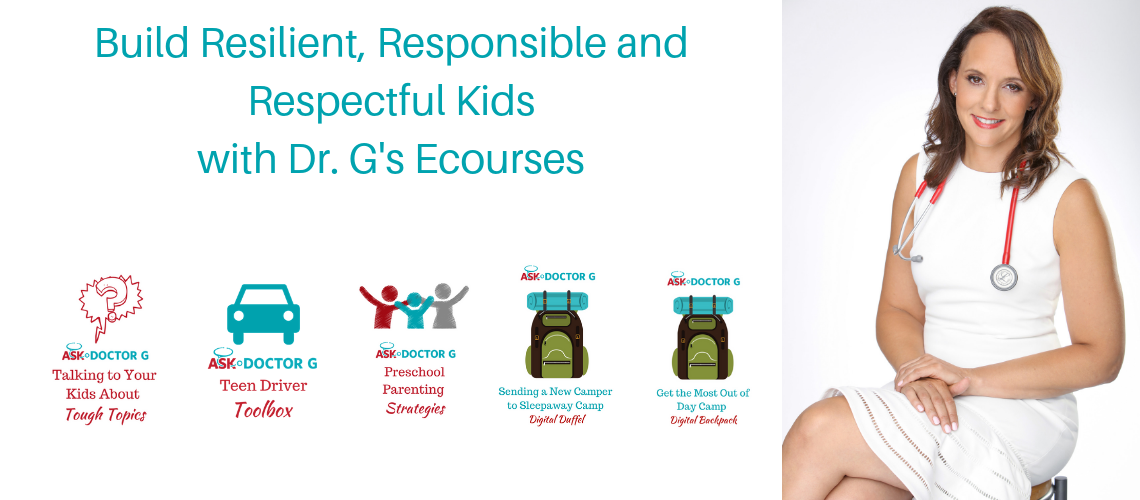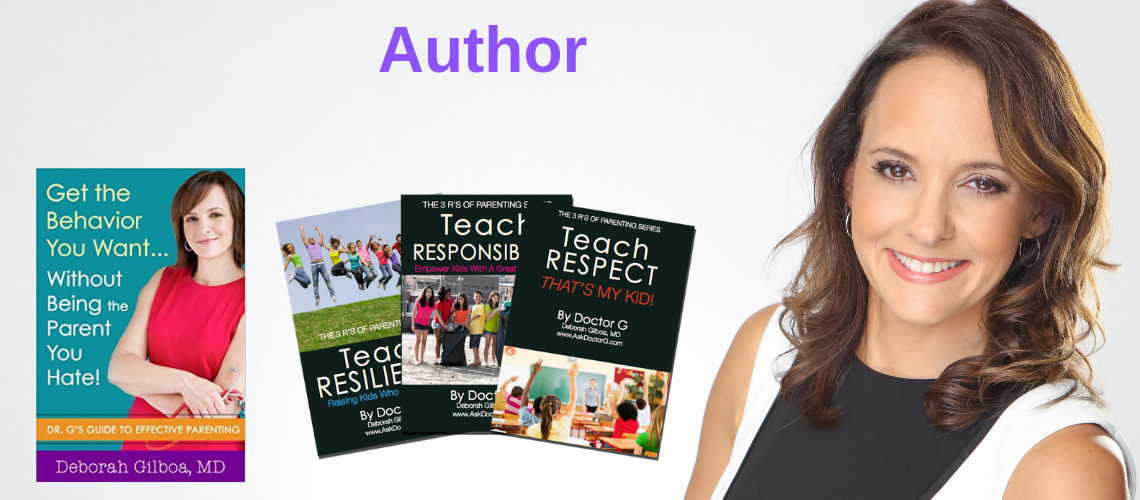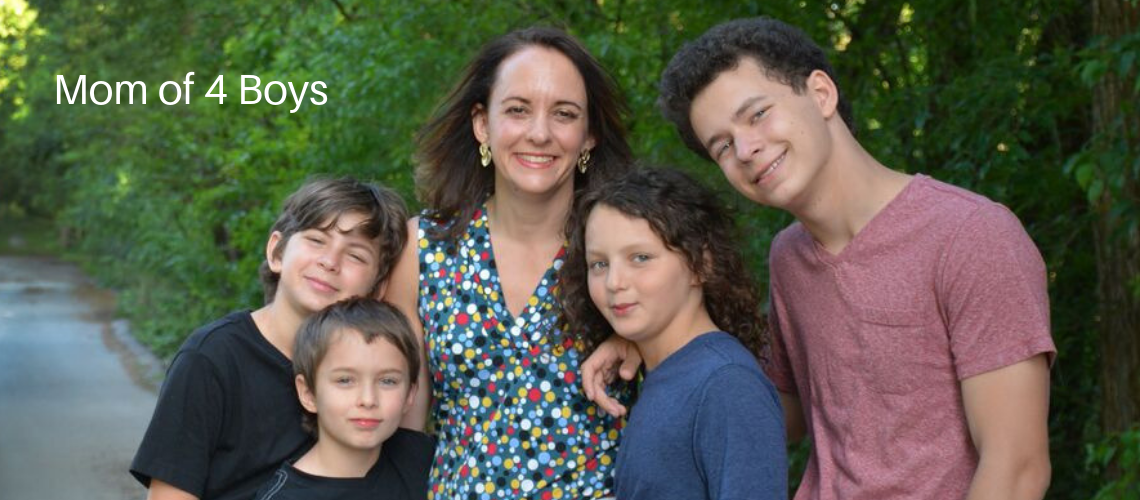Q: I tell my daughter that she has to play with everyone at school, even if she isn’t “friends” with them. What should I do when she gets a playdate invitation from another child she doesn’t like?
~ Melissa, in Pittsburgh, PA
A: It sounds to me like you are teaching your daughter the value of inclusion. At school, or in other group settings (camp, religious services, etc), you are preparing your daughter to consider others’ feelings and show empathy and friendship. And you’re making sure you have a kid the teachers and other parents like, which does actually matter (even though we like to pretend it doesn’t!). Seriously, the skill of opening a group activity to more people is a good skill to have and will serve her well.
Home is a different story. The future teen you are raising should have the confidence to say “no” to a classmate’s invitation. After all, that invitation could be to hang out, or go to a party, or (sooner than we’d think) use drugs or be intimate. So teach her now that she gets to decide about who she does and doesn’t like, and what she won’t do with her peers in private.
There is a skill to learn in saying no gracefully but firmly. Depending on her age, she may not be developmentally there yet, as you’re probably hoping to avoid the parent-to-parent fall out of “No thank you. My mom says I have to play with everybody at school but I don’t actually like you so I don’t have to come over to your house.” You can be sure, though, that she’s gonna be listening when you get on the phone to answer that invite – so don’t say anything you don’t want to hear coming out of her mouth later, like a lie.
About that parent-to-parent fall out, that is a reason we often struggle with a rejection from our child to another. Often, this is a child that has a parent or older sib that someone in your family already likes. Telling the truth and damning the consequences, “Thank you so much for the invitation but Tanya would rather not come over,” can be daunting! You can try some half measures – encouraging your daughter to invite the child to your house, or to include the child in a group invite – but remember the bigger lesson. Kids, especially girls, need to learn to say “no” when that is what they mean. That is a big way to keep her safe later.


















The empowerment to say “no” to situations you don’t want to be in is an important lesson that seems to have been neglected in the recent history of parenting. I remember growing up and being forced to play with neighborhood children who were not only not my friends but also could be mean and hurtful. I do think this laid some of the groundwork for me being more permissive of bad treatment as I got older. I love that you are advocating the teaching of this early and often – especially in the case of women.